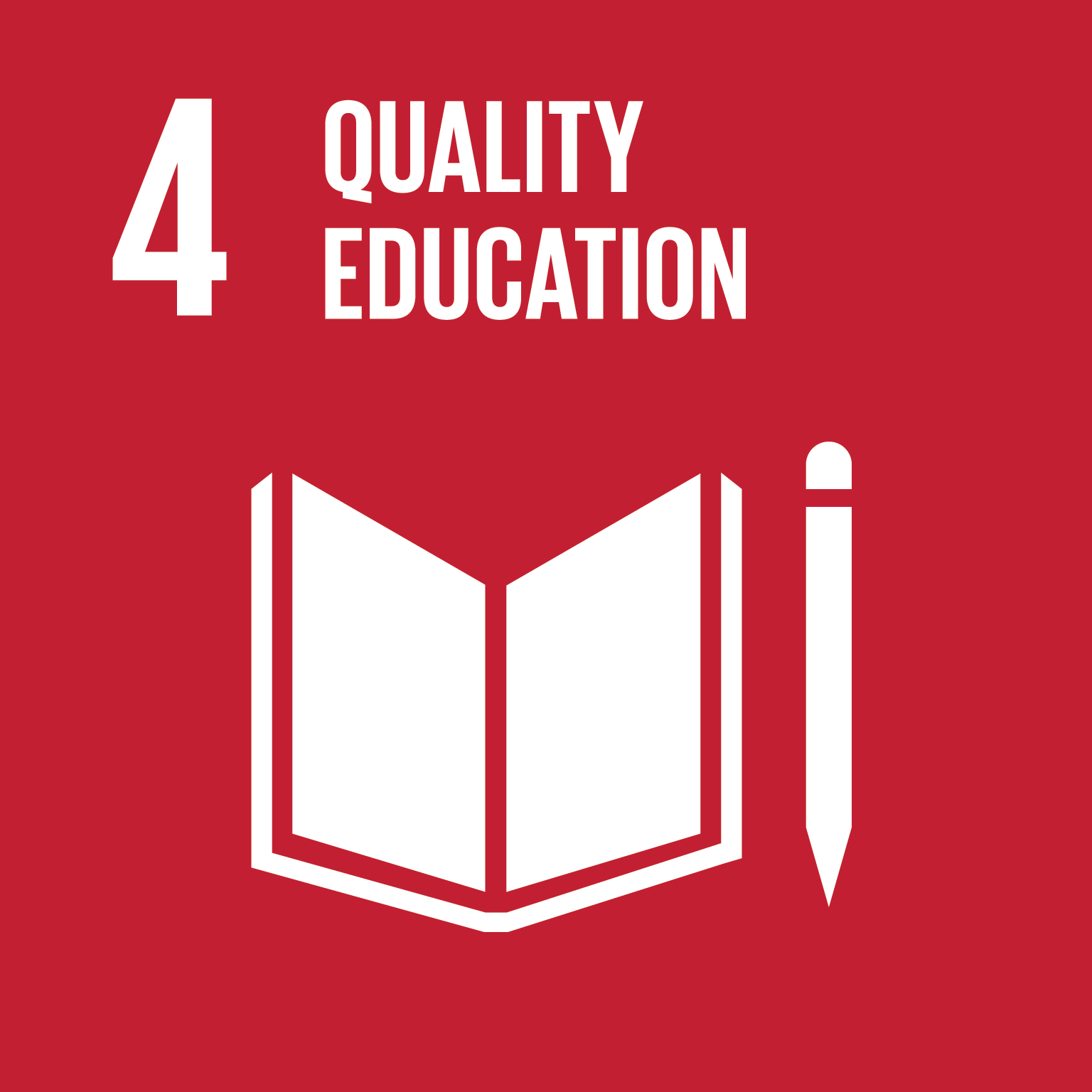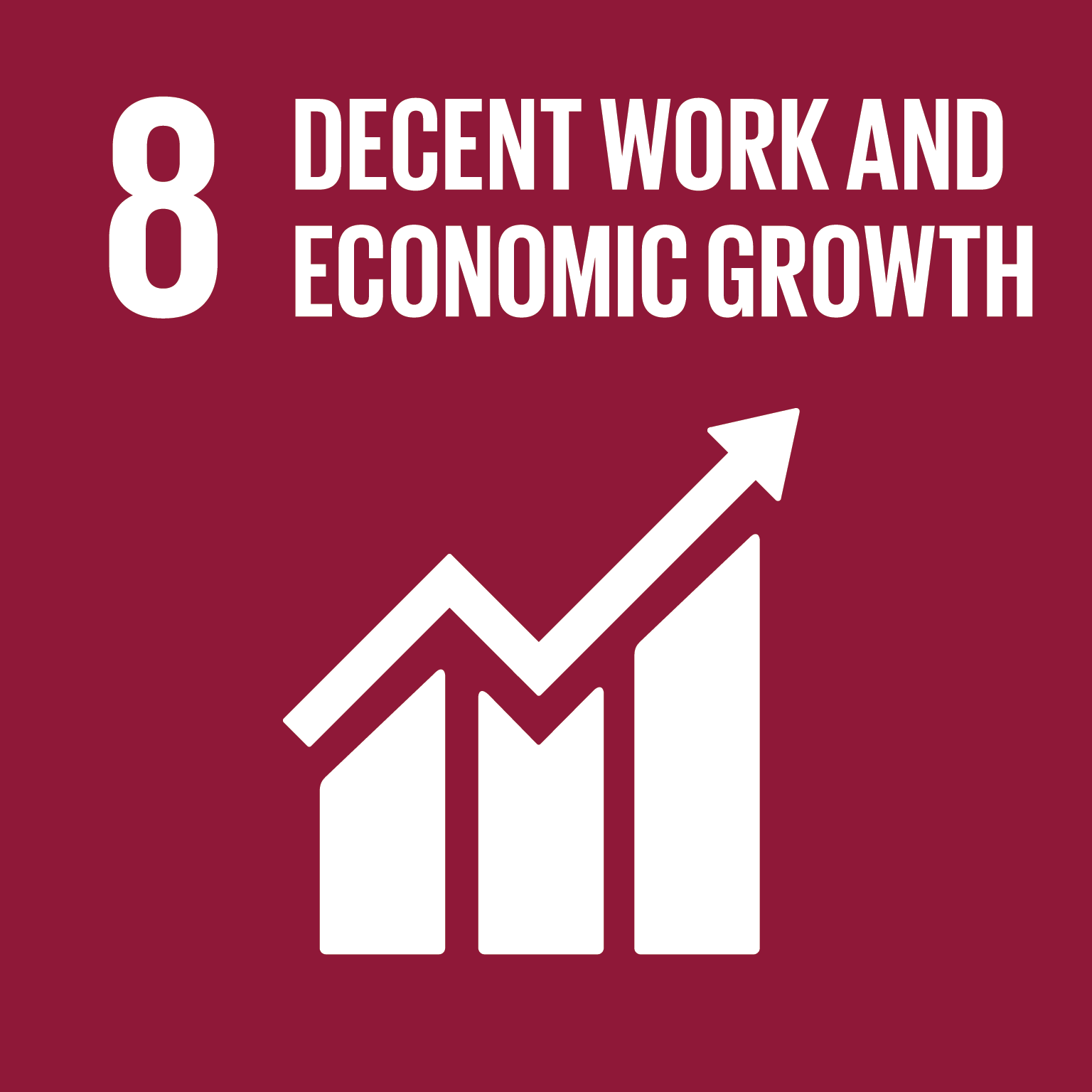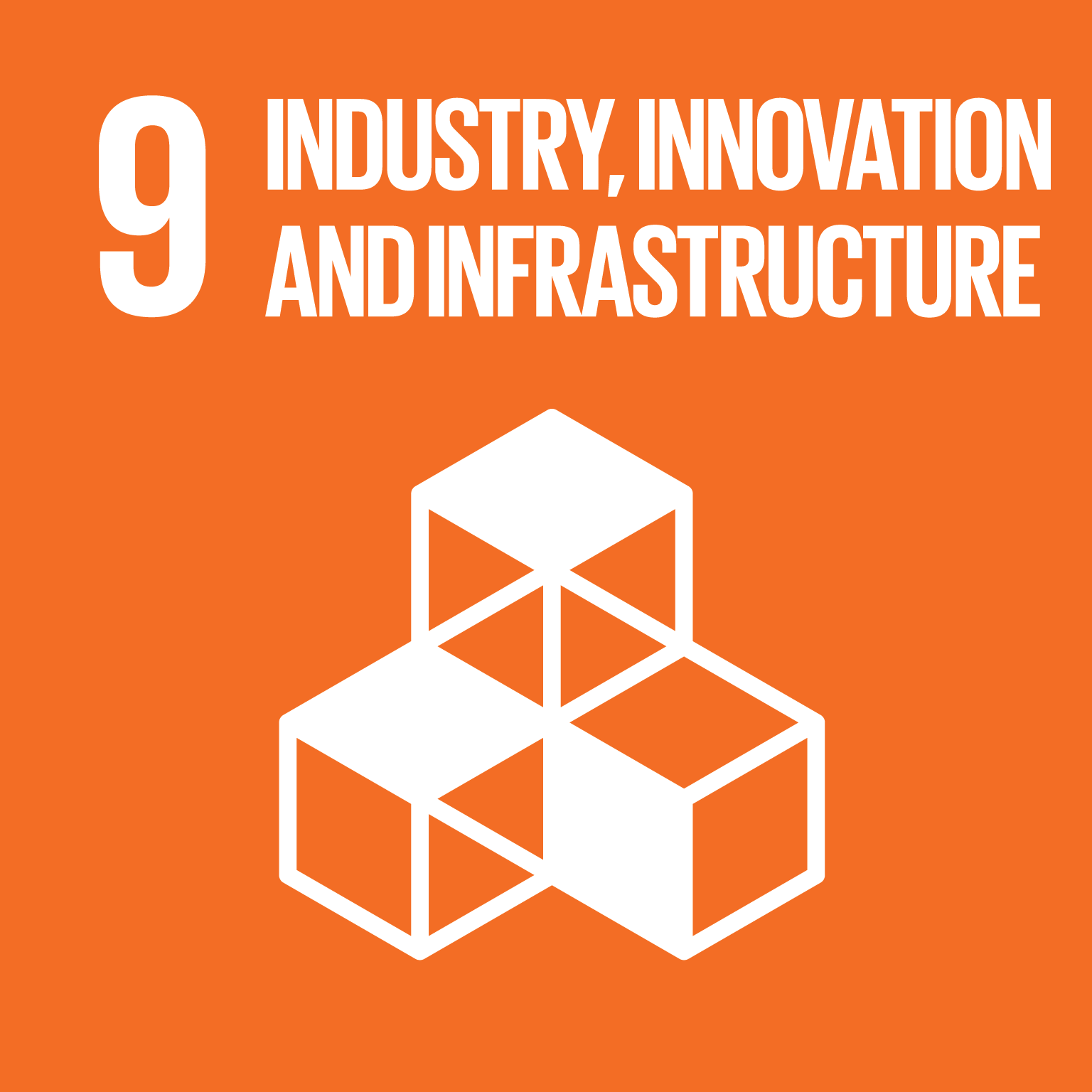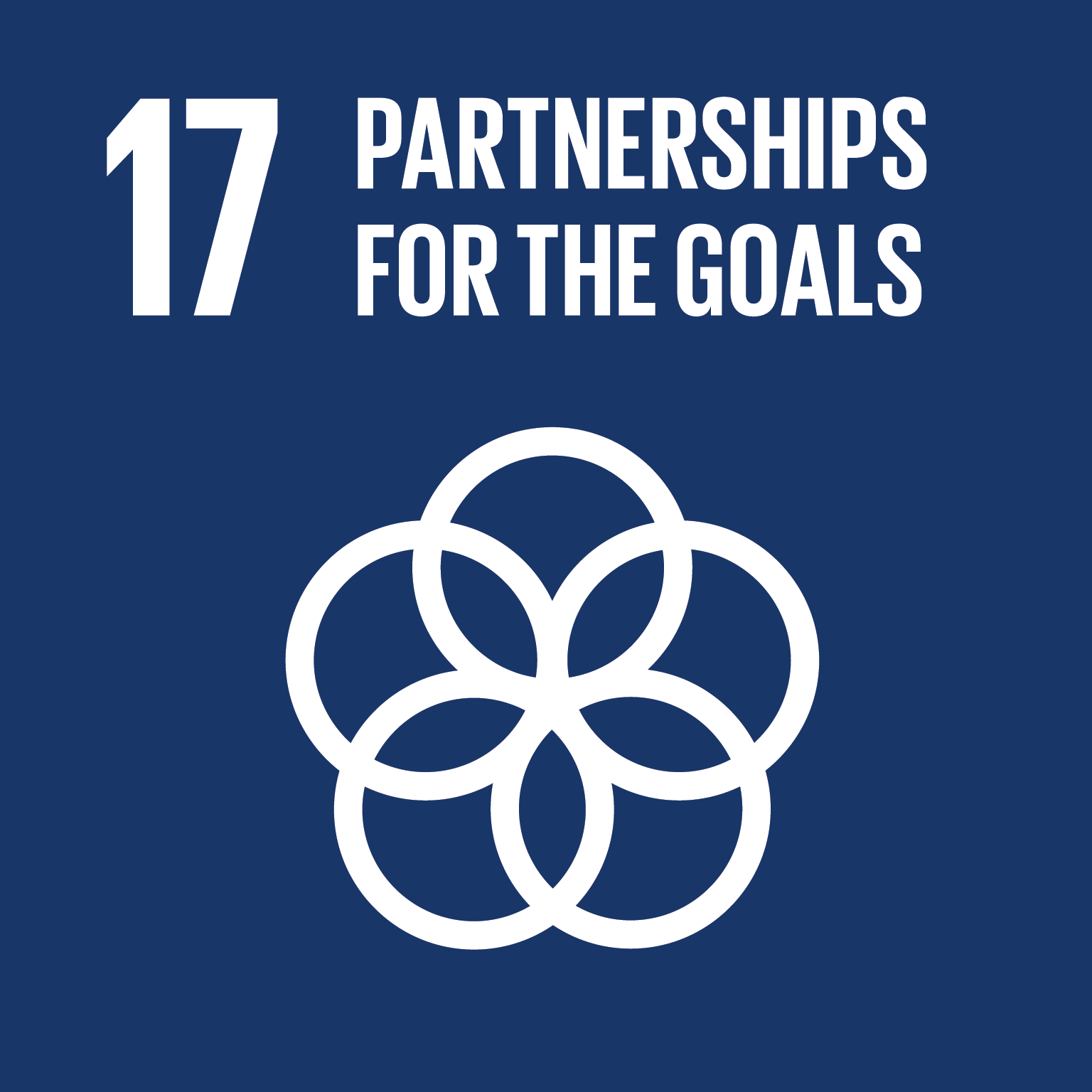The partnership between RMIT School of Engineering and Engineers Without Borders Australia (EWB) provides opportunities for engineering students to learn about global perspectives in engineering through real projects and to participate directly in community-based programs and initiatives focused on sustainable development and poverty alleviation.
The partnership between RMIT School of Engineering and Engineers Without Borders Australia (EWB) provides opportunities for engineering students to learn about global perspectives in engineering through real projects and to participate directly in community-based programs and initiatives focused on sustainable development and poverty alleviation. These opportunities are embedded within the curriculum or are available to students through involvement in the EWB Chapter.
Connection with real world projects increases the global relevance of university curriculum and allows students to gain insights into how their engineering and technical skills can be applied to a humanitarian context and contribute to the sustainable development goals. This in turn develops a deeper understanding of the role of engineers as facilitators, change agents, creative problem-solvers, integrators and managers.
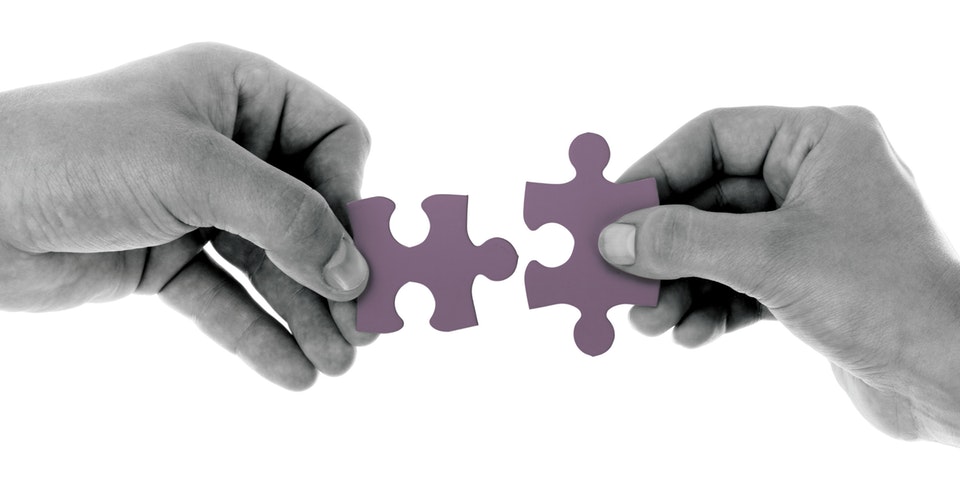
As an example of this partnership, all first-year engineering students participate in the EWB Challenge. Inclusion of the EWB Challenge presents students with the opportunity to design and develop creative solutions that contribute to addressing real communities aspirations.
Project timeline: 2009 - ongoing
Key contributors: Nick Brown
